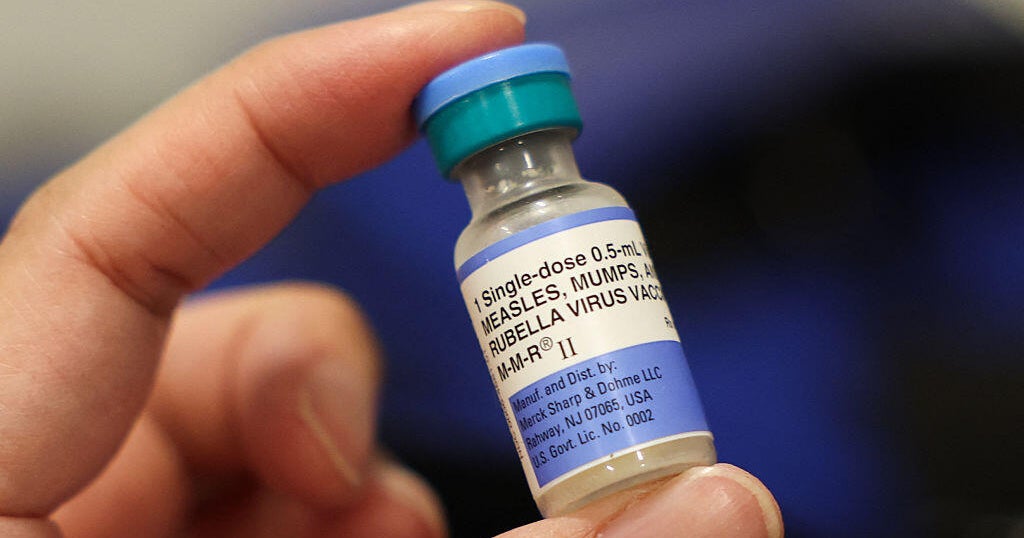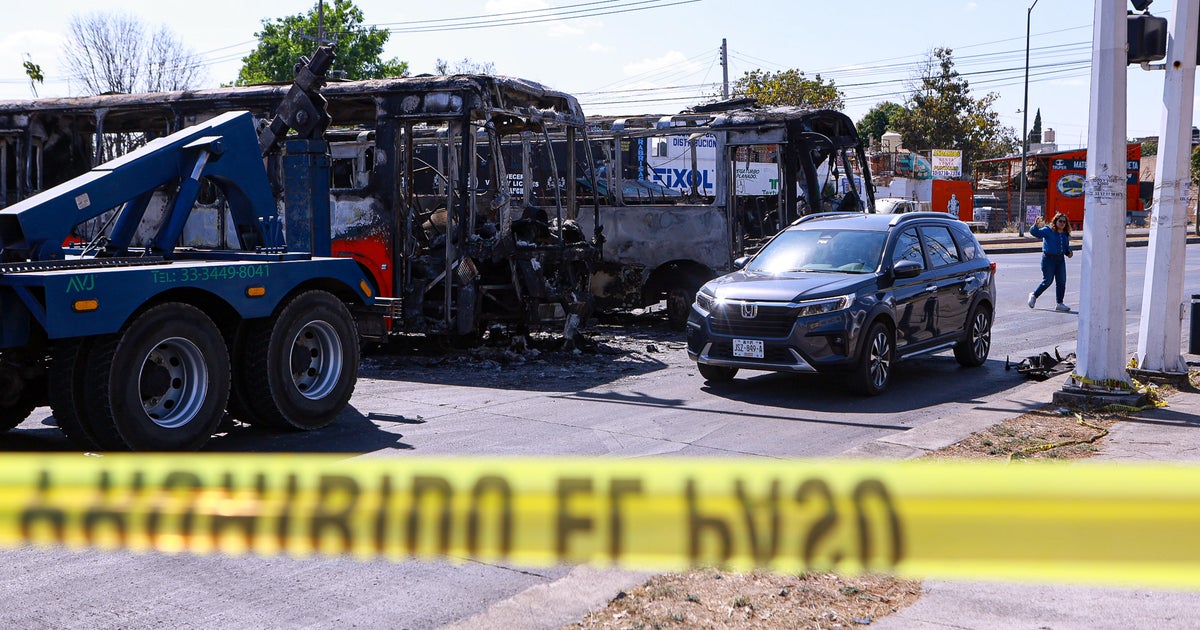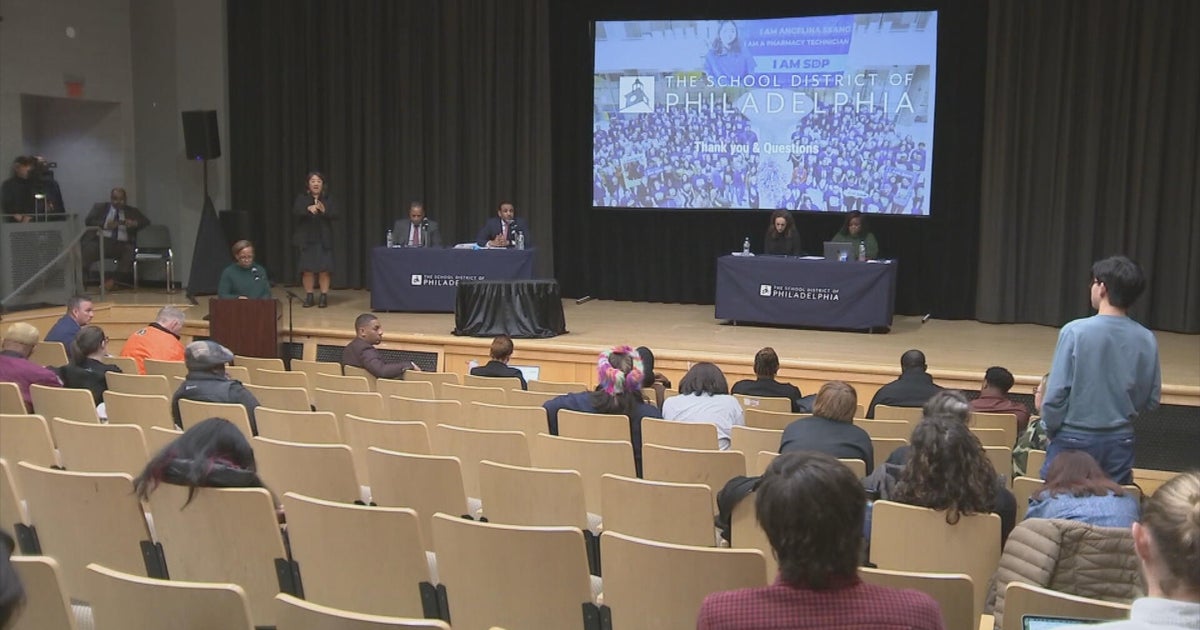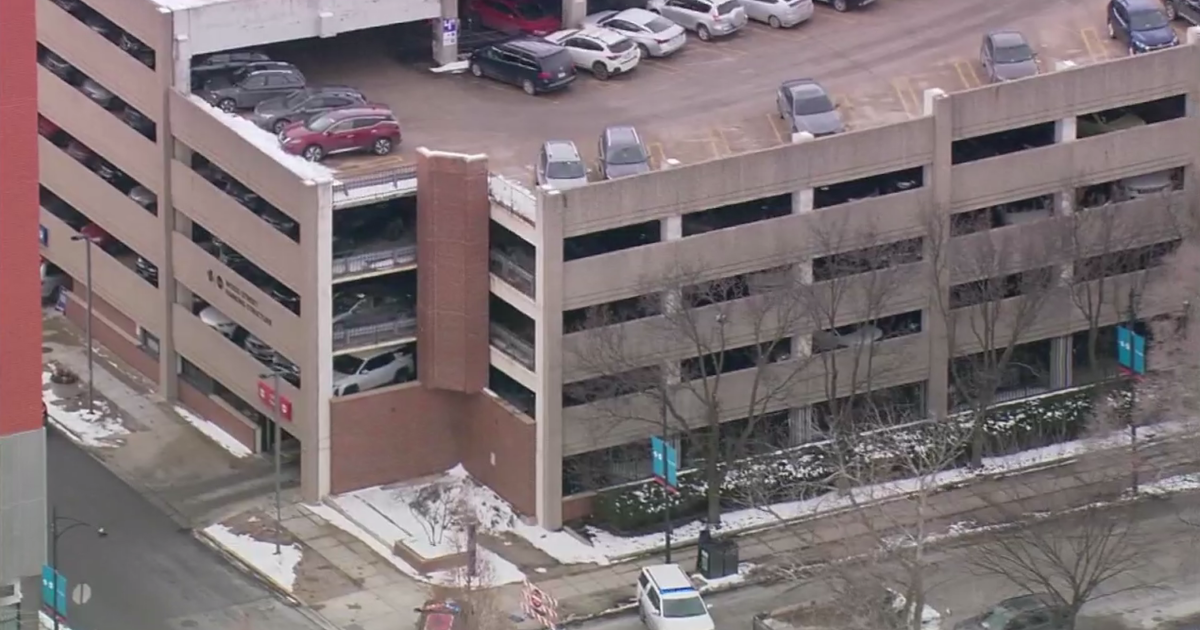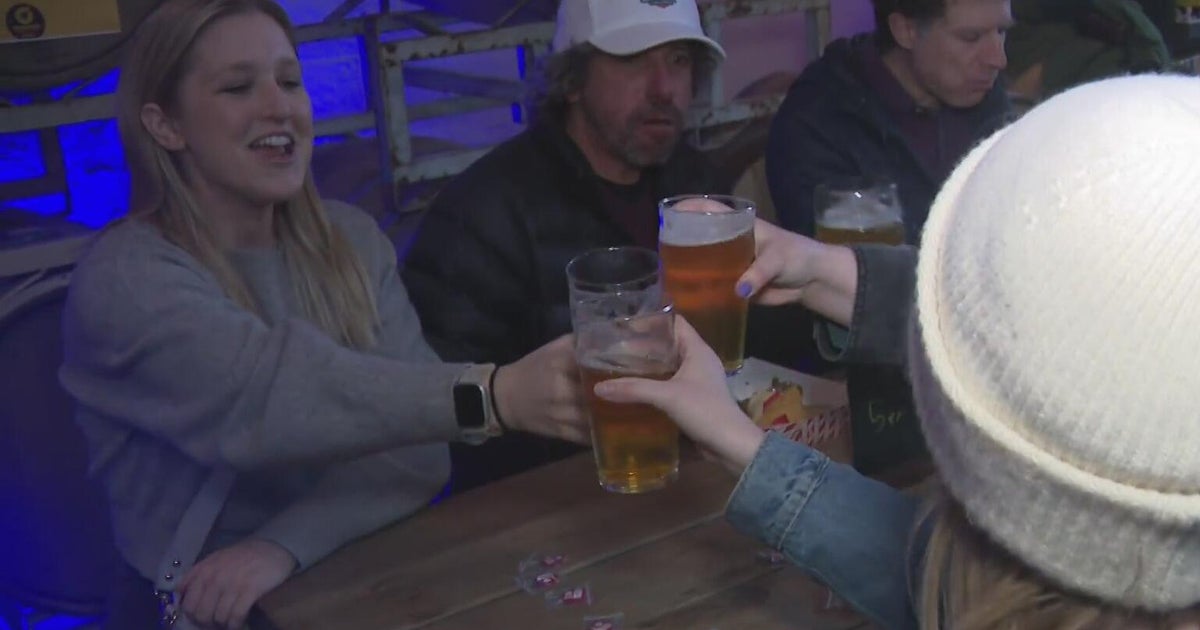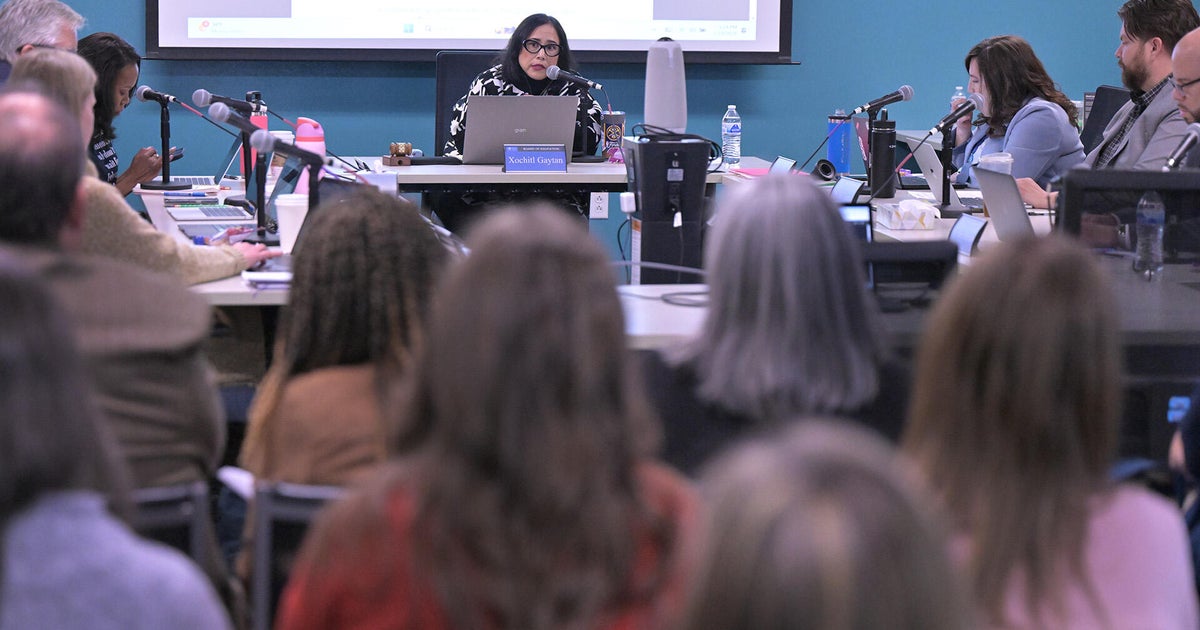COVID: Vaccines likely effective against highly contagious Omicron subvariant BA 2.75
SAN FRANCISCO (KPIX) -- Health experts warn of a new subvariant of Omicron that is driving a surge in India and has been detected in the Bay Area. It is dubbed BA 2.75 and was found in wastewater samples in June. This, as hospitalizations are seeing an uptick already.
The World Health Organization says BA 2.75 is a concern and warns that new variants are becoming more contagious.
To date, the most common subvariant in the Bay Area is BA.5, but BA 2.75 may be more contagious.
UCSF Infectious Disease Specialist Dr. Peter Chin-Hong is hoping the vaccine still protects against serious illness.
"The silver lining is it probably is going to perform the same way, where if you are vaccinated and boosted your B cells and T cells will kick the enemy out even if the front guards have cataracts on their eyes," said Dr. Chin Hong.
Even before the arrival of the latest subvariant, Chin-Hong says at UCSF, hospitalizations over the last month have seesawed between the low to high 40s.
"Hospitalizations as I said was stable but it's stable bad," said Hong-Chin. "It's stable in a place where we don't want it to be."
Dr. Dean Winslow, a professor of medicine at Stanford University says in his 50-year career, he hasn't seen a virus mutate this robustly. What it's leading to is a scramble by vaccine producers to develop a new vaccine to not only help reduce illness but also prevent the spread of the disease. It all starts with the sequencing of new variants.
"What it does is it lets us know the sequence of particularly the spike protein which binds to the receptor but also we do sequence to a large extent different parts of the virus that may also be important in the immune response," Dr. Dean Winslow said.
The problem is, the virus hasn't stopped mutating and there are no indications that it will anytime soon.
"The virus has almost been quicker than we are," said Winslow. " We can't really spool out vaccine production in just a couple of weeks. It takes quite a while to actually spool out vaccine production for some of these newer variants."

